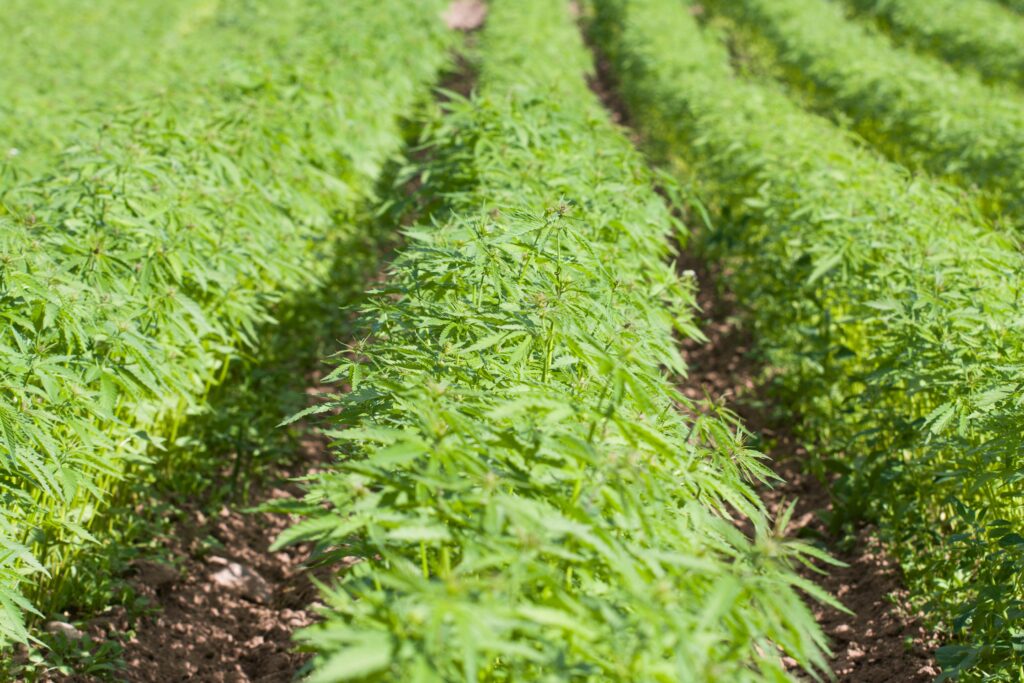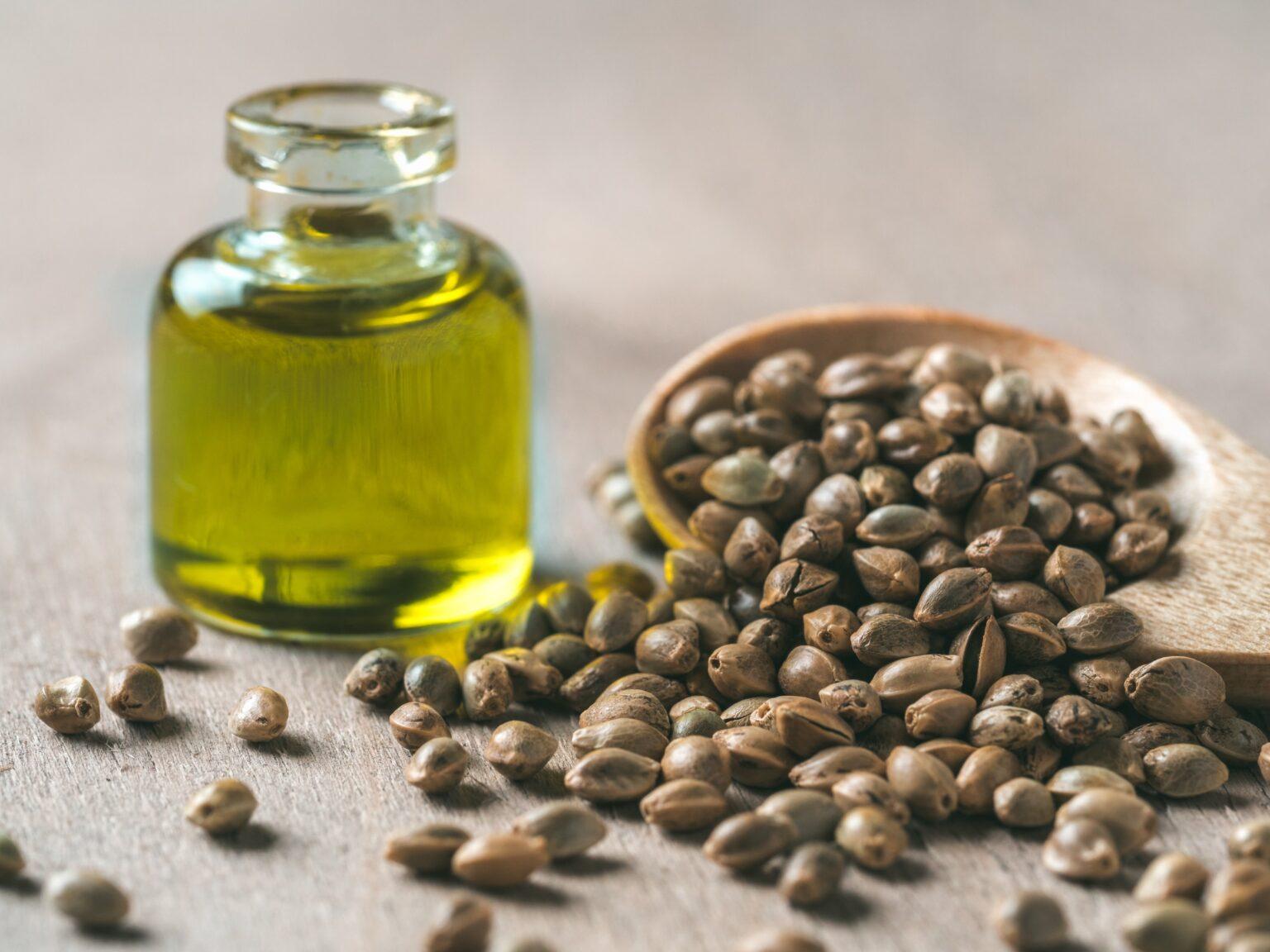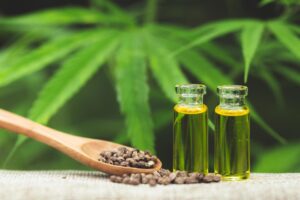Florida’s hemp industry, a vibrant sector generating billions in revenue, faces a formidable challenge in 2025 as Senator Colleen Burton spearheads her third attempt to impose stringent regulations. Since the state legalized hemp in 2019, businesses ranging from small hemp wholesale operations to large-scale hemp white label manufacturers have thrived, employing over 100,000 workers and contributing significantly to the economy. However, Burton’s latest legislative effort, Senate Bill 438 (SB 438), threatens to reshape this booming market, raising concerns among industry stakeholders about its potential to stifle growth and innovation. This blog post delves into the intricacies of Burton’s campaign, the implications for Florida’s hemp industry, and the broader economic and social stakes at play.
A Persistent Crusade
Senator Colleen Burton, a Republican from Lakeland, has been a vocal critic of the hemp industry since 2022, arguing that unregulated hemp-derived THC products pose significant risks to public health. Her earlier attempts—SB 1676 in 2023 and SB 1698 in 2024—aimed to curb the sale of intoxicating hemp products, particularly those containing Delta-8 THC. While the 2023 bill was diluted to only prohibit sales to minors and ban child-appealing packaging, the 2024 version, which passed both chambers, was vetoed by Governor Ron DeSantis. DeSantis cited “debilitating regulatory burdens” on small businesses, a cornerstone of Florida’s economy, as his reason for the veto. Undeterred, Burton introduced SB 438 in 2025, a bill that builds on her previous efforts with even tighter restrictions, signaling her unwavering commitment to reining in the hemp industry.
The Provisions of SB 438
SB 438 is a comprehensive regulatory framework targeting multiple facets of the hemp industry. The bill bans all Delta-8 THC products, a popular hemp-derived cannabinoid, and caps Delta-9 THC at five milligrams per serving or 50 milligrams per container. It also imposes unique restrictions on THC-infused beverages, limiting them to five milligrams per container and requiring sales through retailers with liquor licenses—a move backed by alcohol industry lobbyists. Additionally, the bill mandates that hemp extracts be tested in certified medical cannabis laboratories, a shift from independent labs, to ensure compliance with THC limits and contaminant-free products. Businesses face further constraints, including bans on selling hemp products within 500 feet of schools or daycares and restrictions on public advertising. These measures, Burton argues, protect Floridians from “intoxicating” products causing harm, citing hospitalisations and a rise in poison control calls linked to hemp products.
Economic Impact on Hemp Wholesale and White Label Markets
Florida’s hemp industry, valued at over $10 billion in 2022, supports a diverse ecosystem of hemp wholesale and hemp white label businesses. Hemp wholesale operations supply raw materials and finished products to retailers, while hemp white label companies produce branded goods for third-party sellers, enabling small businesses to enter the market without manufacturing infrastructure. SB 438’s restrictions, particularly the Delta-8 ban and THC caps, could disrupt these supply chains. Industry advocates, like Adam Houston, a Suwannee County hemp farmer, warn that such regulations may push consumers to the black market, undermining legitimate businesses. The requirement for liquor-licensed retailers to sell THC beverages could exclude many hemp wholesale distributors, favoring larger alcohol distributors and potentially pricing out smaller players. Moreover, the testing mandate increases operational costs, which could disproportionately affect hemp white label firms reliant on cost-effective production to remain competitive.
Public Health vs. Economic Freedom
Burton’s push is framed as a public health imperative, with the senator referencing incidents like a Georgia man’s death linked to Delta-8 gummies and increased poison control calls involving children. She argues that the hemp industry exploits loopholes in Florida’s 2019 hemp laws, producing high-potency products accessible to minors. Supporters, including Jessica Spencer from the Vote No on 3 campaign, highlight the proliferation of hemp products in gas stations and smoke shops, often marketed without FDA oversight. However, critics contend that Burton’s narrative overstates the dangers. Hemp advocates, such as Michael Smith of Herban Flow, argue that existing regulations—like child-proof packaging and age verification—address safety concerns without crippling the industry. They point to hemp’s benefits, including pain relief and anxiety reduction, which serve thousands of Floridians who avoid pharmaceutical alternatives.
The Political Context
The hemp industry’s clash with Burton is not just a policy debate but a political chess game. DeSantis’ 2024 veto, influenced by heavy lobbying from hemp businesses, was seen by some as a strategic move to garner industry support against Amendment 3, a failed recreational cannabis initiative. With Amendment 3 off the 2025 ballot, industry insiders like Alex Petrick of Florida Hemp Distribution question whether DeSantis will again veto Burton’s bill or yield to her persistent advocacy. The bipartisan support for SB 438, co-sponsored by Democratic Senator Tracie Davis, underscores its broad appeal among lawmakers, yet the House companion bill (HB 1597) lags, suggesting potential resistance. Burton’s alignment with medical cannabis interests, which view hemp as a competitor, adds another layer of complexity, with critics alleging her regulations favor dispensaries over hemp wholesale and white label markets.
Voices from the Industry
The hemp industry’s response to SB 438 is a mix of defiance and pragmatism. Zack Kobrin, a Fort Lauderdale attorney representing hemp businesses, describes the bill as a “massive blow” that could shutter small retailers and manufacturers. Ashley Guy, owner of Tallulah, a CBD and THC store, argues that the regulations limit consumer access to safe, tested products, potentially driving sales underground. Conversely, some operators, like Sherrie from an unnamed hemp firm, support Burton’s intent for clarity and accountability, provided it doesn’t dismantle the industry. The Florida House workgroup, convened in March 2025, echoed this sentiment, concluding that while regulation is necessary, killing a multi-billion-dollar sector is untenable. Their findings may influence the House’s approach to HB 1597, potentially softening SB 438’s impact.

The Road Ahead
As SB 438 awaits a full Senate vote, the hemp industry braces for a pivotal moment. If passed and signed into law, the bill, effective October 1, 2025, could reshape Florida’s hemp landscape, forcing hemp wholesale and white label businesses to adapt or exit the market. Burton’s persistence reflects a broader national trend, with 17 states banning Delta-8 and others imposing strict THC limits. Yet, Florida’s unique position as a hemp powerhouse—boasting over 10,000 registered retailers—makes the stakes exceptionally high. Industry advocates are mobilizing, urging stakeholders to lobby lawmakers and educate the public on hemp’s economic and therapeutic value. Whether Burton’s crusade succeeds or falters, the outcome will reverberate across Florida’s economy, affecting farmers, retailers, and consumers alike.
A Call to Balance
Florida’s hemp industry stands at a crossroads, caught between Burton’s regulatory zeal and the sector’s economic vitality. While public safety is paramount, the potential loss of jobs, innovation, and consumer choice demands a balanced approach. SB 438’s fate hinges on whether lawmakers can reconcile these competing interests, ensuring that hemp wholesale and hemp white label businesses can thrive without compromising Floridian’s well-being. As the 2025 legislative session unfolds, all eyes are on Tallahassee, where the future of a billion-dollar industry hangs in the balance.
Discover premium hemp products with NanoHempTechLabs, your trusted partner in Florida’s thriving hemp industry. Our high-quality, lab-tested hemp wholesale offerings, including Delta-8 and Delta-9 THC products, cater to retailers seeking reliable supply chains. With NanoHempTechLabs, benefit from innovative hemp white label solutions, ensuring your brand stands out in a competitive market. Despite regulatory challenges like SB 438, our commitment to excellence remains unwavering. Join over 10,000 Florida retailers profiting from our products. Elevate your business today—schedule a call with our team to explore customized wholesale opportunities and secure your place in the hemp market!
Reference:
- Ajayi, O. and Samuel-Foo, M. (2021). Hemp pest spectrum and potential relationship between helicoverpa zea infestation and hemp production in the united states in the face of climate change. Insects, 12(10), 940. https://doi.org/10.3390/insects12100940
- Antle, J. and Cho, S. (2024). Economic potential of industrial hemp in oregon: an ex ante minimum‐data assessment. Applied Economic Perspectives and Policy, 47(1), 241-255. https://doi.org/10.1002/aepp.13477
- Cho, S. and Antle, J. (2023). price‐endogenous technology, producer welfare, and ex ante impact assessment: the case of industrial hemp. American Journal of Agricultural Economics, 106(2), 883-903. https://doi.org/10.1111/ajae.12411





